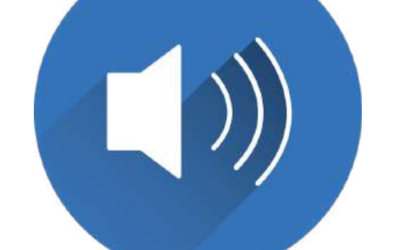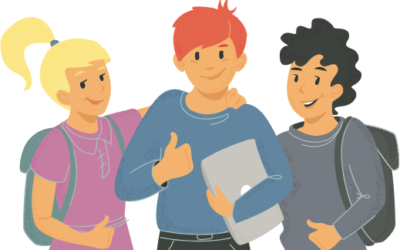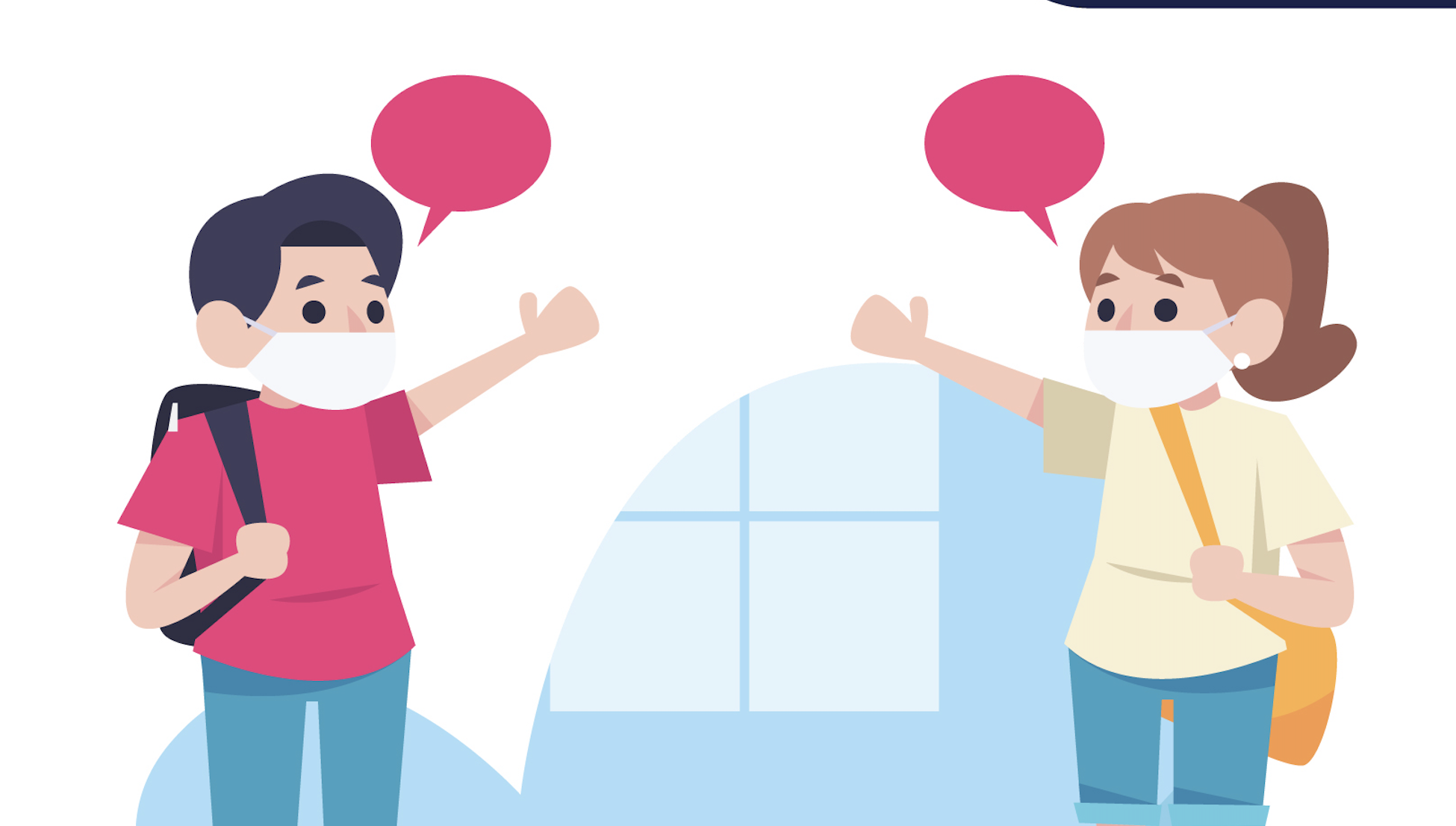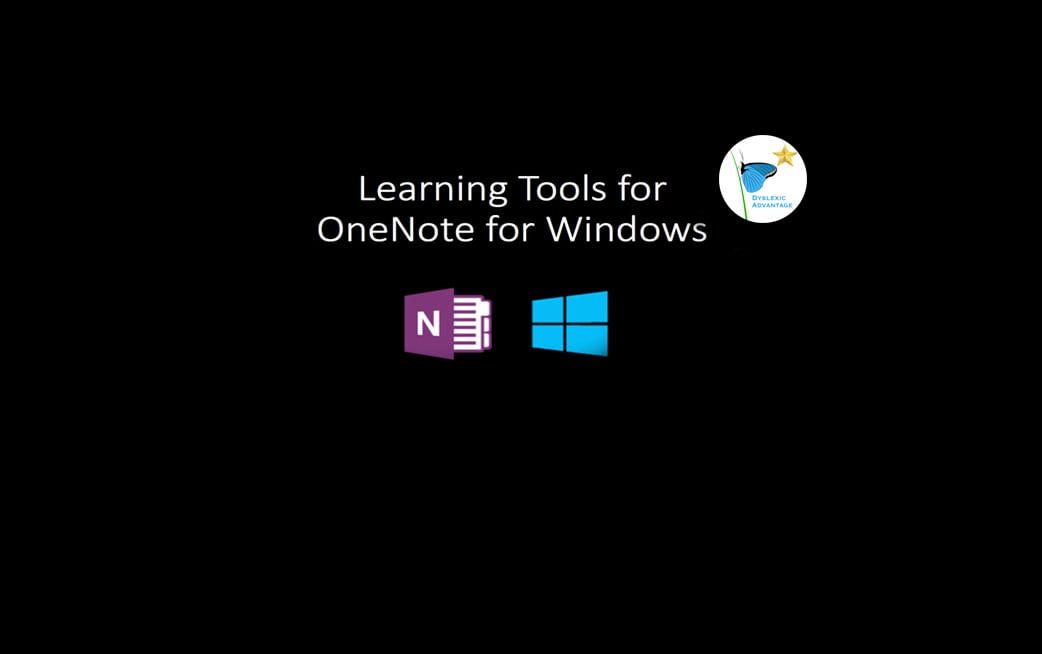Question: I have a third grade student who attends a school that used Wilson Fundations in the earlier grades. The problem is that even though my daughter did some summer work, she's been having trouble keeping up. She's dropped down a level from her peers so that...
Tips for Heading Back to School with Dyslexia
Question: How Do I Help My Student Go Back to School? For many students, it will be a relief to get back to school because of all the disruptions in the past. Teachers, principals, and administrators are aware of the impact of the pandemic and school disruptions over...
Is There a Natural Way to Write for Dyslexics?
Writing is so difficult for people with dyslexia, it's a reasonable question to ask whether certain types of writing might come more naturally than others. AUTOBIOGRAPHICAL AND PERSONA WRITING As highlighted in Philip Schultz's example and in his book...
Audio Study for Drivers Tests
If it's Spring, then it must be time for driver training! Many Departments of Motor Vehicles are poorly equipped to meet the needs of the neurodiverse community and it may not be obvious how to access an audio version of the drivers manual (our state...
Department of Education Issues Letter on IDEA and Private Schools
Under the IDEA or Individuals with Disabilities Education Act, a free and appropriate public education (or FAPE) is granted to eligible students with disabilities. In schools, a lot of the funding for special education and additional resources is provided under funds...
Dyslexia at College: Chat With Xinru at Brown [Premium]
Recently I had the pleasure of talking to Xinru about dyslexia, college, and computer languages. Xinru’s currently studying both music and computer sciences at Brown University, an Ivy League university that is known for its “Open Curriculum” – that allows students to choose their personal course of study. But briefly, I found her when she posted her 10 Ways to Code with ADHD and Dyslexia (see below). She talks so fast, at times I had to listen to her on 1/2 speed; I think that means she’s a fast thinker too! Xinru first came to the US when she was just 8 years old; although she had trouble reading and writing in the early grades, she said she could “get away with” saying that she […]
Challenges of Pandemic Learning For Dyslexic Students
As education slowly drifts to a new normal, and parents take stock of where they are and what their priorities are in education, it is best to be aware of what to be on the lookout for because dyslexic students learn so differently. AUDITORY PROCESSING HURDLES Because...
Remote Learning and Dyslexia: Certify Your Students – Free Ebooks and Discounted Audiobooks
Although much uncertainty still remains for the near-future and fall in regards to school closings, perhaps the single most important thing you can do to avoid your student falling behind this summer and fall is to qualify them for free audiobooks and ebooks that can...
Dyslexia and the Illusion of Inclusion – Making Education Fit the Child [Premium]
There’s a viral post circulating on the Internet from a Texas special education professor: “It’s OK to say dyslexia!” U.S. Secretary of Education Arne Duncan tweeted shortly before his agency released guidance targeting the needs of the 2.5 million students with a learning disability. But while the government highlights the unique needs of students with learning disabilities, they are seemingly getting lost in misguided policies and practices in the name of educational equity.” What she protests (rightly) is the fact that reading and math scores for 4th and 8th graders have remained stagnant or declining since 2013. Also, in the name of inclusion, students with learning disabilities are being denied appropriate remediation because of a desire to keep them in general education classrooms. For dyslexic students, we respectfully put forth […]
Test Accommodations for Students with Dyslexia Under the ADA – DOJ Statement
The Department of Justice has also released video clarification of key rights for students regarding testing accommodations under the ADA or Americans with Disabilities Act. The entire video is located at the bottom of this post, but we are highlighting a section...
Top Dyslexia Apps – Microsoft OneNote with Learning Tools
Today Microsoft released a great addition to its free organization - productivity app OneNote - and the two nicest things about it...it's Free and it was created with students and adults with dyslexia in mind. As a result, Dyslexic Advantage is proud to announce that...
[PREMIUM] Don’t Require COPYING From the Board
DON’T REQUIRE COPYING FROM THE BOARD Dr. Kirkby: “Copying text…is psychologically complex. It involves a series of sequential visual and cognitive processes, which must be co-ordinated: these include visual encoding, mental representation, an written production.” Long after students have begun to crack the code of reading, note-taking and copying from the board remain very difficult if not impossible for some students. Note-taking from lecture adds the additional challenging of listening to words, translating them into a visual representation, then retrieving these images and motor sequences to get them down on a page. Moderate to severe dysgraphia is not uncommon among dyslexic students. For these students, not only will copying from the board be impossible, but also significant modifications (decreased written work) and accommodations (extended time, […]

![Question: Keeping Up with Wilson at School [Premium]](https://www.dyslexicadvantage.org/wp-content/uploads/2022/12/Question-Keeping-Up-with-Wilson-at-School.png)




![Dyslexia at College: Chat With Xinru at Brown [Premium]](https://www.dyslexicadvantage.org/wp-content/uploads/2021/06/Screen-Shot-2021-06-07-at-9.57.34-AM-400x250.png)


![Dyslexia and the Illusion of Inclusion – Making Education Fit the Child [Premium]](https://www.dyslexicadvantage.org/wp-content/uploads/2016/01/illusion-inclusion.jpg)


![[PREMIUM] Don’t Require COPYING From the Board](https://www.dyslexicadvantage.org/wp-content/uploads/2017/12/Screen-Shot-2019-08-31-at-2.15.03-PM.jpg)













